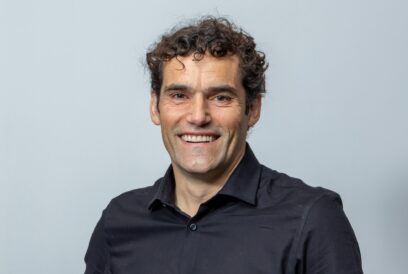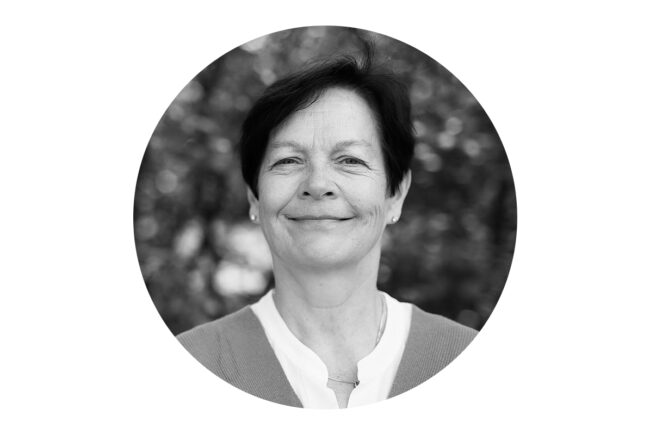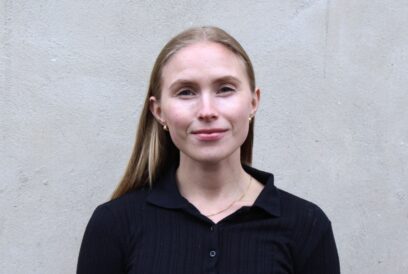

Senior citizens can no longer just rely on digital experts at their work place, but have to learn to adopt new technologies by themselves. It is the duty of society to offer systematic and professional digital training based on senior pedagogy in order to facilitate daily life, writes Pirkko Ruuskanen-Parrukoski. The text is a column written for issue 1/2020 Adult Education and Mature Learners.
Routines bring a safe feeling of predictability to life and help to give it structure. Creativity is the ability to make changes to routines. I attempted to find this source of creativity when I tried to use a cooker representing the latest technology. All my life, I had been turning on cookers by turning some knob, but now I couldn’t find any knob to turn.
After vainly pressing all the marks on the touch screen, I admit that I boiled the water for my tea in the microwave. Having just retired, I wondered if this was how it was going to be from now on. Eternal helplessness and surrendering to the wonders of digitalisation and smart technology.
When you retire, you fall into a digital ravine.
The good thing about working life is that you can get help in using the gadgets. You don’t have to be ashamed of your dependency, because you know that someone else has been employed to solve your problems. When you retire, you fall into a digital ravine from which, with good luck, you may scramble up to the edge of the cliff, only to have to wait for a new earth tremor that creeps into your home in the form of product development.
Or then you creatively adapt your own ways of life to correspond to what your skills and expertise can cope with. Or perhaps you are lucky enough to have relatives who can help.
CHANGE IS NOT JUST SOMETHING that happens in working life; all daily living environments change. Digitalisation is one of the greatest catalysts of change. The challenges it brings are global, and it is a good example of learning needs that have significant effects on the everyday life of people.
Competence is the best thing you can fall back on amidst change, and fortunately everybody has the ability to learn new things. By only relying on what you already know, however, utilising instructions designed by digital natives can be overwhelming, if you cannot find anything in common with what you have previously learned.
When elderly people are navigating the world of expert services and their own routines and skills, they make conscious decisions in their choices between the use of expert knowledge and their own resources. If we get by using familiar methods and can cope with everyday life, we are content.
Competence is the best thing you can fall back on amidst change, and fortunately everybody has the ability to learn new things.
Daily well-being is also influenced by awareness of the fact that one can select for oneself measures that facilitate daily life. Digitality does not in itself change how people learn new things, but finding new ways to learn and a positive attitude towards technology open up opportunities for everyday creativity. Everyday learning is rewarding if the benefits are greater than the efforts.
IT MAY BE THAT WE SENIOR CITIZENS of today will never attain the level of digital natives as we create our digital routines, but we can very well become the digital experts of our own everyday lives.
In our shared aspirations, it is good to remember that senior citizens do not form a uniform group utilising digital and other daily technology, and that learning objectives vary. But the need for learning is always there.
Since, after retirement, there may still be up to 40 years of life, it is natural for learning objectives to vary and for one’s own attitude to learning to change. There is no shame in admitting one’s own digital incompetence, but it is a shame for society if the education needed to ensure competence is not available.
The elderly need systematic and professional digital training based on senior pedagogy (adult education), which is not only offered within the sphere of voluntary work. In the same way, operating instructions for devices written in plain language are welcome.
Author







